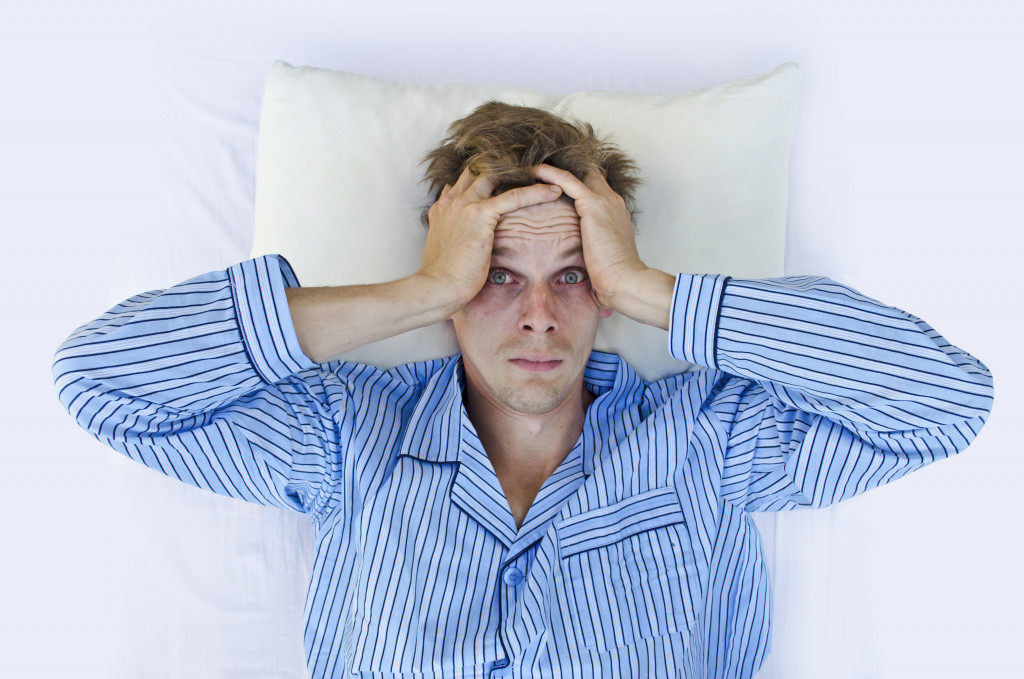Sleep is crucial for overall health and wellness. During sleep, the body repairs and regenerates cells, builds muscles, synthesizes hormones and processes information from the day. When you don’t get enough sleep, you’re more likely to experience problems with focus, concentration, memory, immune system function, emotional stability, and overall mood.
Most people need around 7-8 hours of sleep to function properly. Here are some effective steps to get better sleep and feel more refreshed during the day.
Establish a regular sleep schedule and stick to it as much as possible.
Establishing a regular sleep schedule is important because it helps your body regulate its natural sleep rhythm. When you go to bed and wake up simultaneously every day, your body will naturally start to feel sleepy at the same time every night.
In addition, stick to your schedule as much as possible on weekends and holidays. This will help you avoid feeling jet-lagged and make it easier to get back into your normal routine after a break. A regular sleep schedule is an important part of getting enough rest and should be respected.
Avoid caffeine and alcohol before bedtime.
Caffeine and alcohol are two common substances that people often consume before bed. While caffeine can help improve alertness and energy levels, it can also cause insomnia and disruptions in sleep. Alcohol, on the other hand, may help people to fall asleep more quickly, but it can lead to poorer quality sleep and increased wakefulness during the night.
For these reasons, it is generally best to avoid caffeine and alcohol before bedtime. Instead, try drinking herbal tea or water before bed and save the caffeine for earlier in the day. If you decide to drink alcohol before bed, make sure to drink only a small amount and avoid consuming it within three hours of your planned bedtime.
Avoid working or using electronic devices in bed.
It’s tempting to stay in bed and work on your laptop or scroll through your phone, but it’s not good for your sleep or health. The light from screens can interfere with your body’s production of melatonin, a hormone that helps you sleep. The blue light emitted by screens is particularly disruptive. Exposure to blue light before bed can make it harder to fall asleep and reduce the quality of your sleep.
If you must use a device in bed, try using an app that filters out blue light or wears blue-light-blocking glasses. You should also take breaks every 20 minutes to look at something 20 feet away for 20 seconds. This will help reduce eye strain.

Get up and move around during the day to keep your body active.
Most people know that being active during the day can help you sleep better at night. But did you know that there is actually a scientific reason for this? It turns out that being active during the day helps to regulate your body’s natural sleep-wake cycle or circadian rhythm. This cycle is controlled by a hormone called melatonin, which is produced in response to darkness and signals the body to prepare for sleep.
However, melatonin production is inhibited by light, which is why being active during the day can help you sleep better at night. Exposure to sunlight helps keep your body’s melatonin levels in check. Being physically active during the day also helps expend energy to be ready for a restful night’s sleep. So next time you’re having trouble sleeping, try getting up and moving around during the day for a more restful night. You can go to the gym, attend ballroom dancing classes, or go for a walk in the park. Just make sure to get some sunlight exposure as well.
Practice some relaxation techniques before bedtime.
One of the best ways to get a good night’s sleep is to practice some relaxation techniques before bedtime. There are many different relaxation techniques that you can try, but some of the most popular ones include yoga and meditation.
Yoga is a great way to relax your body and mind. The poses involved in yoga can help stretch and relieve muscle tension, while deep breathing can help calm and focus your mind. If you’re new to yoga, there are many beginner-friendly classes available.
Meditation is another great way to relax your body and mind. The goal of meditation is to focus your attention on the present moment and let go of all other thoughts. This can help to clear your mind and reduce stress and anxiety. If you’re new to meditation, many resources are available to help you get started.
Final Words
So, if you’re looking for a good night’s sleep, try following these tips. Drink herbal tea or water before bed, avoid working or using electronic devices in bed, get up and move around during the day, and practice relaxation techniques before bedtime. By following these simple tips, you can help ensure a good night’s sleep.

